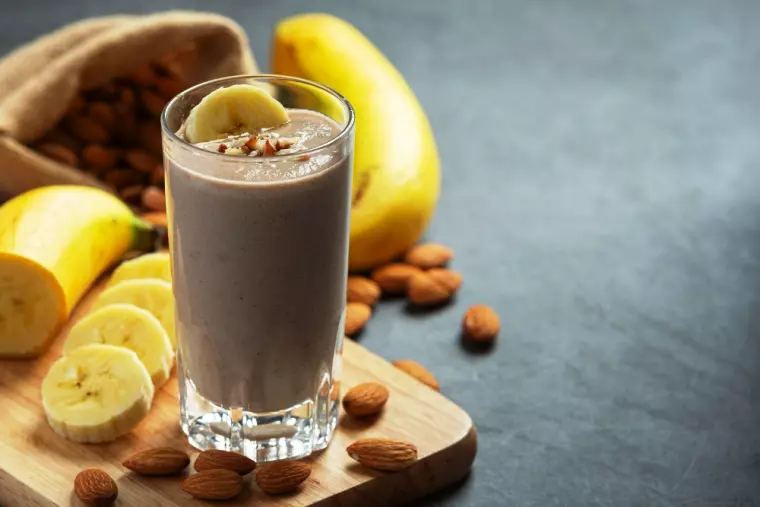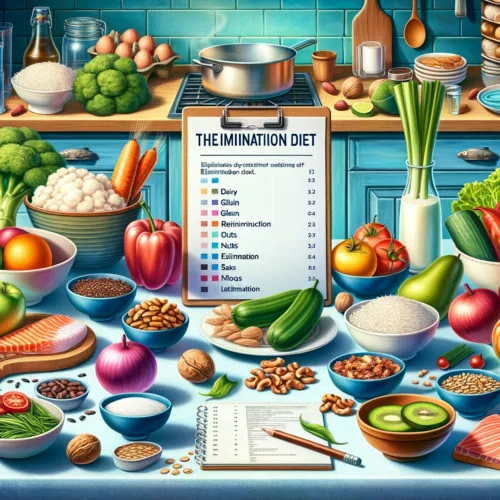How Protein Is Produced
Protein can be obtained from various sources, including plant-based and animal products. The protein production process depends on the source and may involve the following stages:
Extraction
For plant-based products like soy, peas, or buckwheat, protein is extracted from raw materials using specialized technologies. For animal sources like milk or eggs, protein can be obtained through filtration or separation from other components.
Purification
The extracted protein undergoes a purification process to remove undesirable impurities such as fats, carbohydrates, or other compounds. This ensures the production of high-quality, pure protein.
Drying
After purification, the protein is often dried to achieve a stable and long-lasting form, such as powder or granules. Drying also enhances the shelf life and convenience of protein products.

Protein and Its Role in the Body
Proteins play numerous vital roles in the human body, including:
- Building Material:
Proteins are fundamental building blocks for the growth and development of tissues, including muscles, bones, skin, and internal organs. They are essential for maintaining and repairing the body’s cells.
2. Transport Functions:
Certain proteins, like hemoglobin, transport oxygen throughout the body, ensuring its delivery to cells. Other proteins, such as transporters, assist in carrying various substances across cell membranes.
3. Regulatory Functions:
Proteins play a crucial role in regulating various processes in the body. Some proteins act as hormones, like insulin, which controls blood sugar levels. Others function as growth factors or regulators of the immune system.
4. Immune Defense:
Proteins known as antibodies play a key role in the body’s immune defense. They help identify and combat harmful substances, such as bacteria or viruses.
How to Consume Protein
Consuming an adequate amount of protein is essential for maintaining health and proper nutrition. The recommended daily protein intake depends on factors such as age, gender, physical activity, and individual goals. The generally accepted recommendation is around 0.8 grams of protein per kilogram of body weight per day.
Protein can be obtained from various food sources, including meat, fish, poultry, eggs, dairy products, legumes, nuts, and seeds. Additionally, protein supplements like protein powders can be used to meet protein needs.
It’s crucial to diversify protein sources to ensure the intake of all essential amino acids. Plant-based protein sources, such as legumes or soy, provide alternatives for vegetarians and vegans.
Benefits of Protein Consumption
Proper protein consumption offers several benefits, including:
1. Muscle Maintenance and Growth:
Protein is a crucial component for the development and maintenance of muscles. Adequate protein intake aids in recovery and muscle growth after workouts.
2. Appetite Control:
Protein helps control appetite and induces a feeling of fullness. This can be beneficial for reducing snacking and managing weight.
3. Metabolism Improvement:
Proper protein intake contributes to enhanced metabolism. This means the body can efficiently burn calories and utilize energy, which can aid in weight management.

How to Incorporate Protein:
1. Balanced Diet:
While protein is essential, maintaining a balanced diet is equally crucial. Achieving a balance between protein, carbohydrates, fats, vitamins, and minerals ensures comprehensive and varied nutrition.
2. Consideration of Supplements:
Protein supplements are not a necessity, and their consumption should be conscious and controlled. Choosing high-quality products and seeking professional advice can help avoid potential negative effects.
Protein for Specific Groups

In certain cases, individuals may have restrictions or specific requirements for protein consumption. For instance, those with kidney diseases may need to limit protein intake. Consulting a doctor is advisable for personalized recommendations, especially for individuals with specific medical conditions or those taking certain medications.
In conclusion, protein is a vital dietary component with a key role in human growth, development, and overall health. It serves as a building block for tissues, contributes to various physiological processes, and can be beneficial for achieving diverse health goals such as muscle maintenance, weight control, and improved metabolism. However, it’s essential to tailor protein intake to individual needs, maintain a balanced diet, and exercise conscious control over protein supplements to maximize benefits and avoid potential drawbacks.















